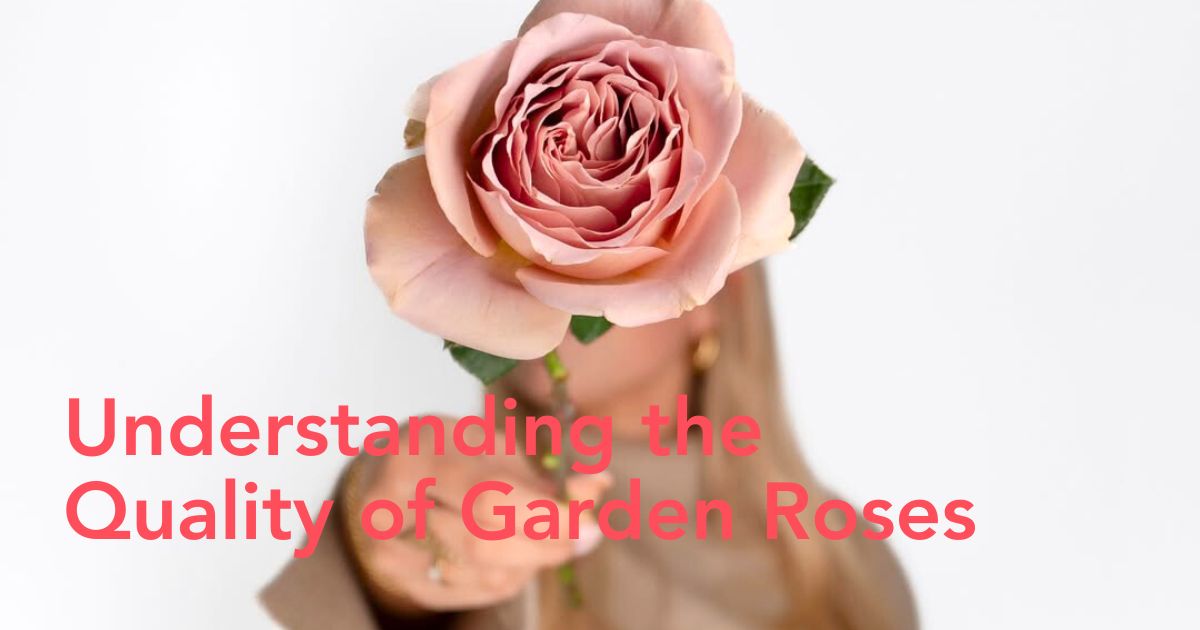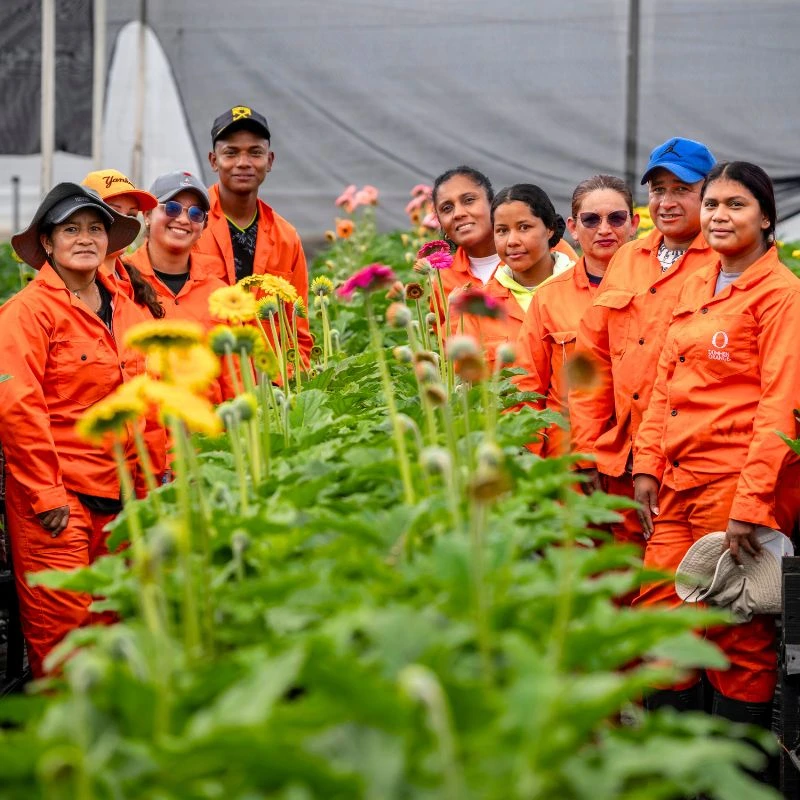The beauty of a garden rose doesn’t end when it’s cut. Its longevity — how long it stays fresh and blooming in a vase — depends on a carefully designed chain of biological and technical processes. Plant physiology research shows that vase life is influenced by nutrition, stress management, water quality, and post-harvest care.
Elements like calcium reinforce cell walls, making petals more resistant to wilting. Hydration technologies keep stems open to water flow, while post-harvest solutions help prevent the growth of fungi and reduce the effects of ethylene, the natural hormone that accelerates aging in flowers. Pilar Buitrago, biologist at Alexandra Farms, explains more about the science of the longevity of garden roses.
Garden Roses That Last - The Research at Alexandra Farms
At Alexandra Farms, scientific principles go beyond only theory. They are applied at every stage of cultivation, harvest, and post-harvest. Biologist Pilar Buitrago explains the practices and innovations that make it possible for garden roses to stay fresh longer, delighting florists and consumers around the world.
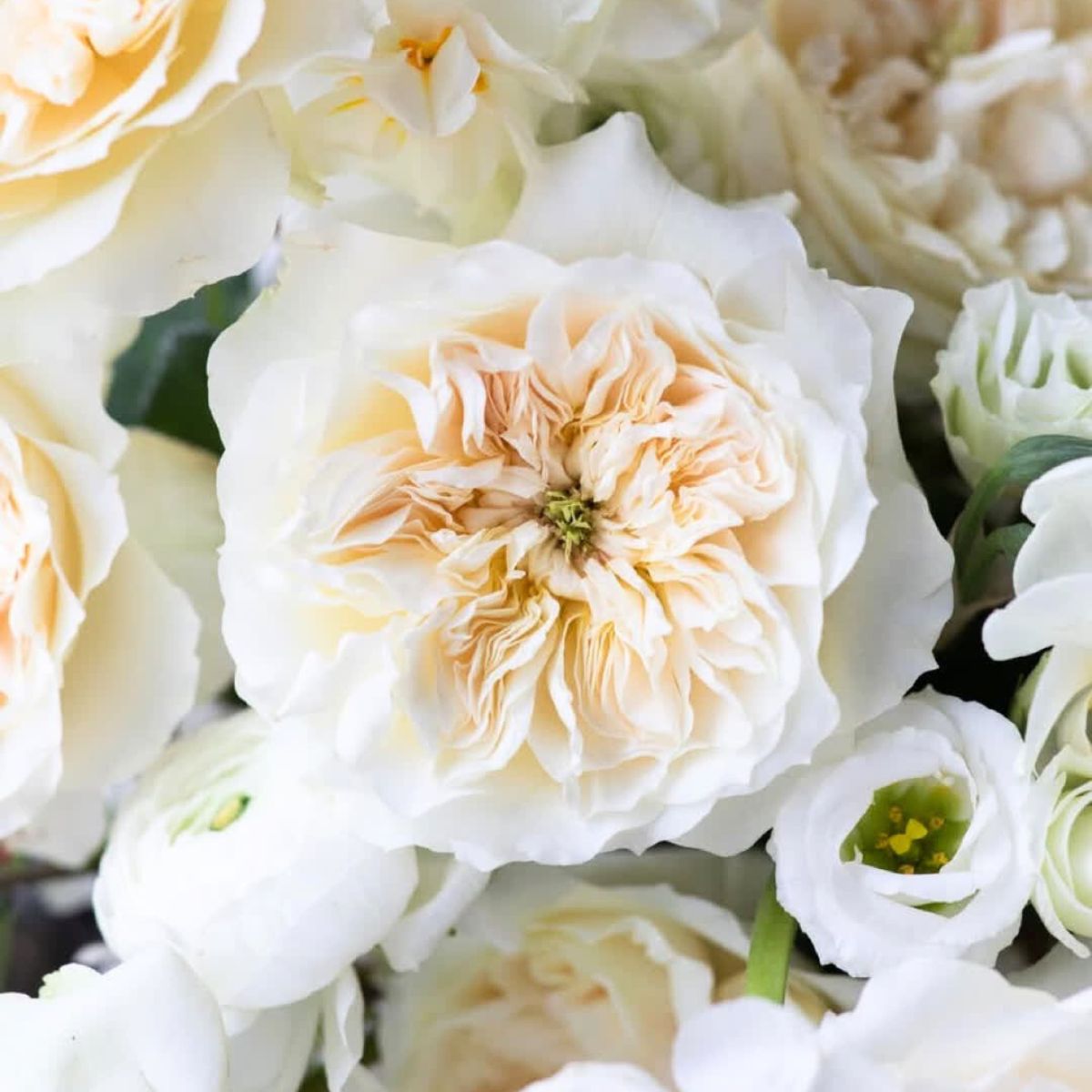
Longevity begins long before a rose is harvested. According to Pilar, the foundation lies in balanced nutrition throughout the plant’s growth cycle. Calcium plays a particularly important role by strengthening cell walls, which reduces petal collapse and extends vase life. At the Colombian farm, calcium management is carefully tracked from soil to leaves, making sure that stems develop the structural integrity needed for durability.

Managing Stress With Biostimulants and Biological Control
Just like people, plants suffer under stress — let it be from climate, pests, or nutrient fluctuations. To minimize stress, Alexandra Farms uses biostimulants that improve plant resilience and overall quality. Biological control is another essential tool. By relying less on synthetic chemicals, the farm lowers phytotoxicity risks and supports plant health. This approach creates roses that not only look better but also last longer.
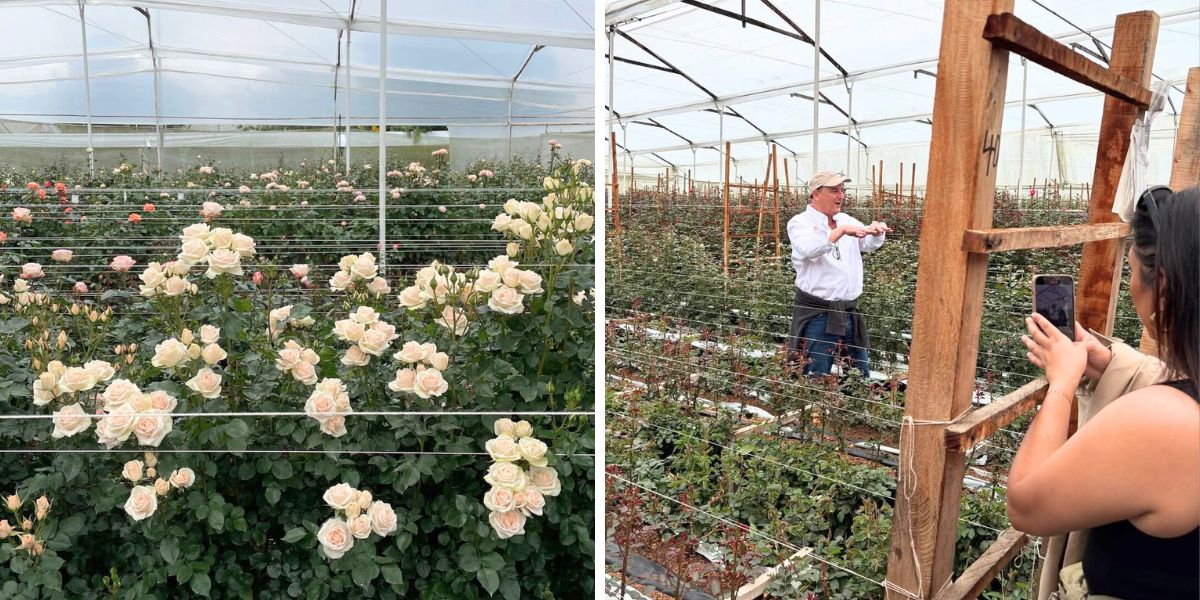
Additionally, hydration is one of the most critical factors in rose longevity. At their farms, roses are guaranteed 100% hydration starting in the cultivation stage, ensuring that stems remain free of stress. This commitment continues after harvest, with specific timed hydration protocols using high-quality solutions. Every step is thought to keep water pathways open, so flowers can continue to take in the moisture they need to stay fresh.
Pilar was asked: "What cultivation practices are important to preserve the freshness and longevity of garden roses?" She shared:
"Before cutting roses, it is very important to ensure adequate balanced nutrition throughout all stages of the plant's growth to ensure that the final product meets the desired quality and vase life parameters. In this regard, elements such as calcium play a very important role in achieving greater longevity in exportable rose stems. Alexandra Farms has a work plan focused on managing this element from the soil to the leaves."
"It is also important to mitigate stress conditions in plants, where the use of biostimulants is a good tool. In addition to improving quality aspects, the biological control implemented by the company also benefits aspects of freshness and longevity since it helps us reduce the chemical load to which roses are subjected at certain times. We also make selective use of more effective chemical products that do not generate phytotoxicity.
In the harvesting process, a very important factor is that we guarantee 100% hydration of the stems from the cultivation stage, ensuring that the flower is fresh and free of stress. This chain is maintained throughout the post-harvest process, where hydration times are guaranteed with top-quality products before the flowers travel."
Weekly vase life tests close the loop, confirming that the flowers meet the strict quality standards demanded by global customers.
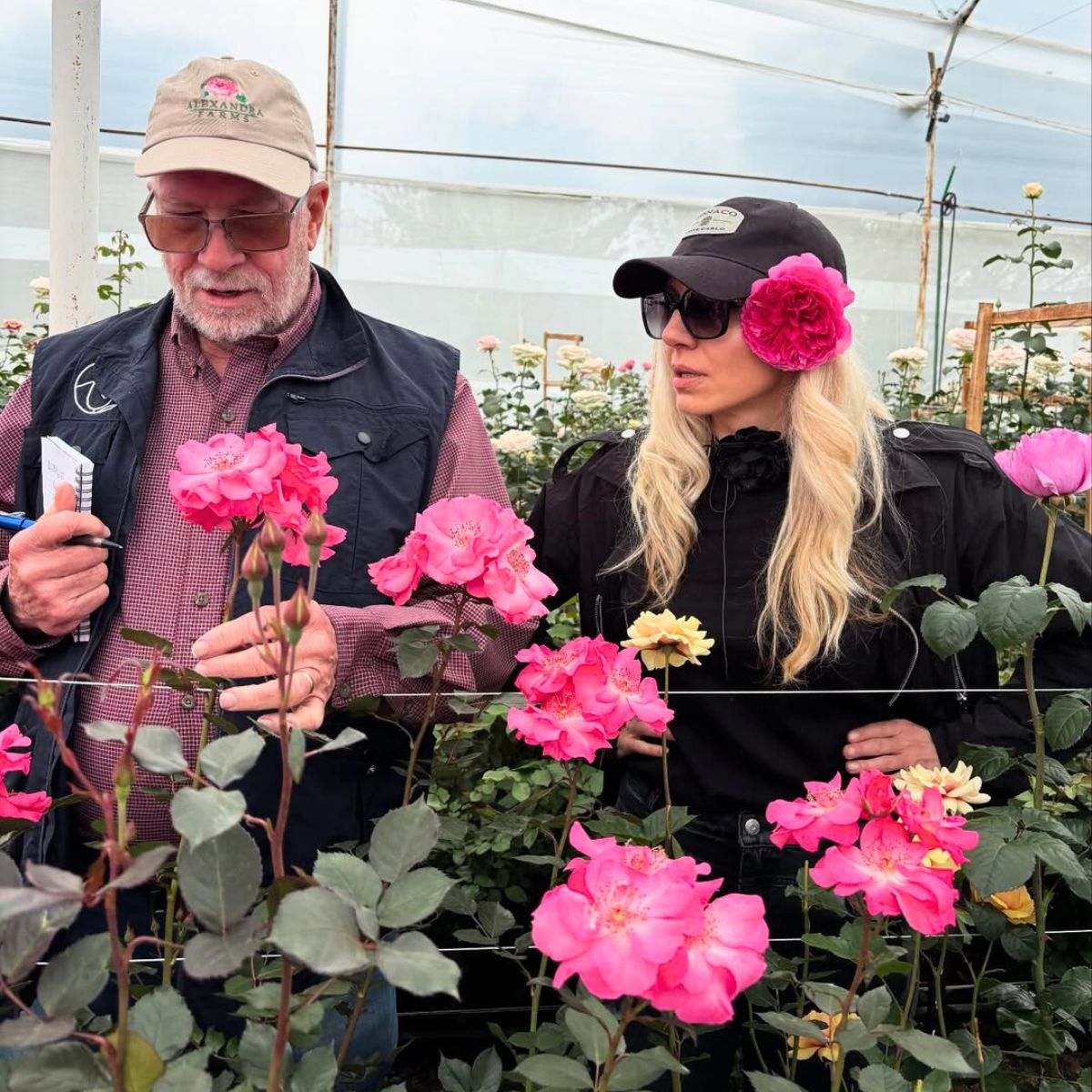
Innovations in Action – Extending Freshness Through Science
Science doesn’t stand still, and neither does Alexandra Farms. Pilar highlights several innovations that are being applied on the farm:
- Amino acids that reduce oxidative stress, slowing down the aging process in petals.
- Biopolymer-based products that protect against fungal infections while maintaining freshness.
- Silicon-based treatments that improve the structural strength of certain varieties.
- Microorganisms that support plant health in sustainable ways.
- Improved water quality in hydration solutions to maximize absorption.
Together, these innovations form a multi-layered defense against the natural decline of cut flowers.

Extending the Life of Garden Roses Through Science and Care
The science of keeping roses fresh is advancing rapidly. Companies worldwide are investing in technologies that improve post-harvest life without sacrificing their beauty. Research into concentrated active ingredients offers new ways to protect plants from stress, while hydration solutions continue to evolve with greater effectiveness.
Post-harvest storage is another frontier. Better temperature monitoring systems and cold-room technologies are improving precision and consistency. Tools to block ethylene, a major driver of senescence, are showing strong results. For Pilar Buitrago, these advances are essential.
She shares:
“The world is moving faster, and the process of producing roses must go along with it.”
For garden roses, longevity is not left to chance. It’s the result of nutrition, hydration, innovation, and research applied in harmony. The combination of plant science with practical tools allows every rose not only to reach its destination fresh but continue to delight flower aficionados long after it’s placed in a vase.

Ongoing scientific advances will determine the future of garden rose longevity, and Alexandra Farms is actively integrating these findings into its production systems.

